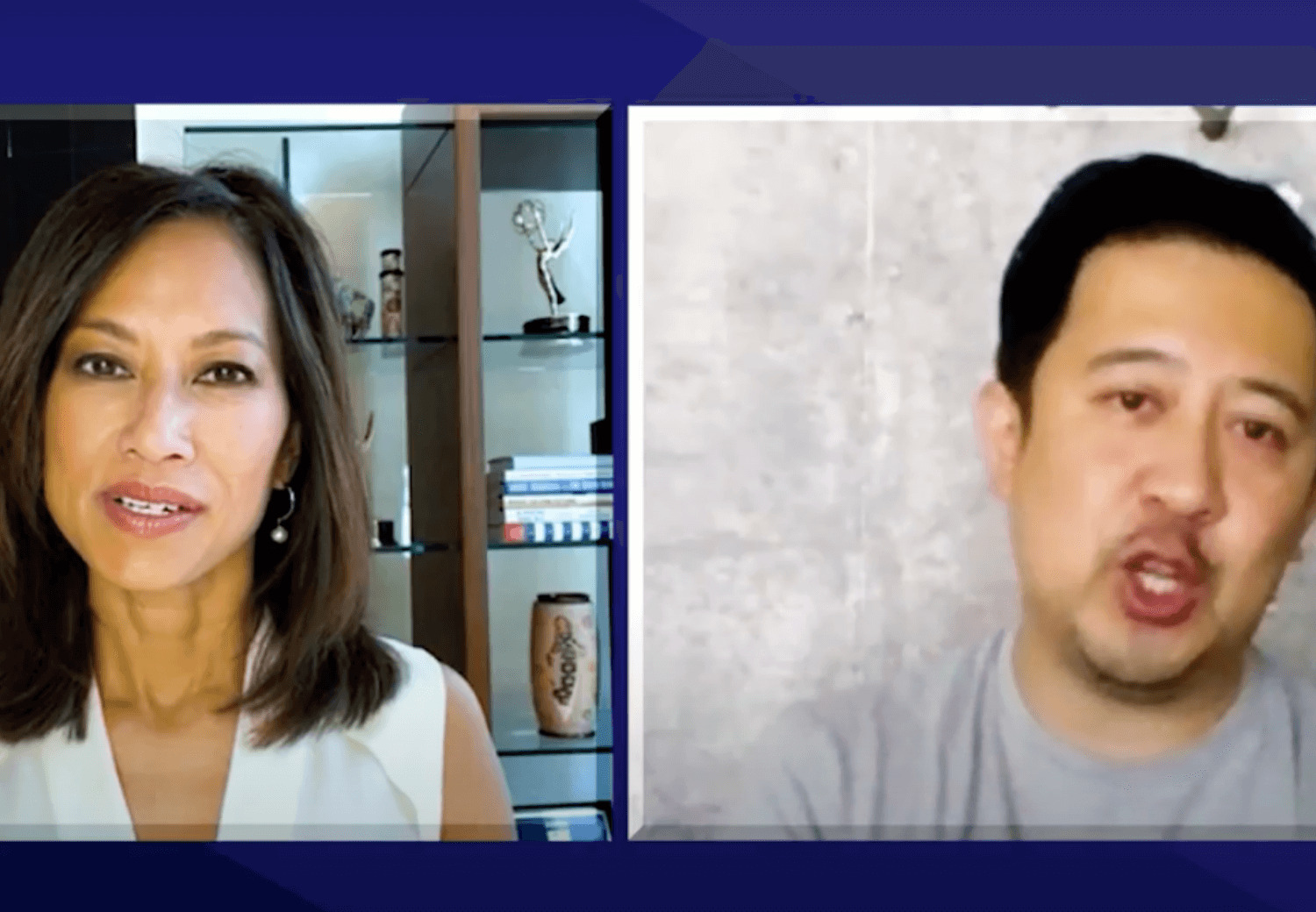I’ve mentored a lot of people. So, what I definitely would say doesn’t work is, number one is, you always make it about them. You never make it about you. It’s like a kid that knows that his parents are angry at them, or spank, I don’t believe in spanking, but like spanking them because, like is it for the parent to let their anger out, or is it you? So, is it me as a CEO? Because I want to let my anger out at them, or is it to make them better?
And you’re human, so, sometimes frustration does leak, and it’s happened for me, for sure. But for the most part, you want to make sure that you establish that it’s about them, not you. And you can tell right away, it’s the way somebody talks. You know it’s about… I’ll give you an example, so what does that sound like? When somebody says, “Oh, I could have done that. Oh, that’s…” you know, I’m like, well, I know you could have done that. Instead you should say, hey, I’ve been in that same situation, here’s what… I could show you how to do it, it’s that kind of stuff.
Another one is guilt, not shame. So, that’s a very big one, that’s from Brene Brown, so I’m attributing my sources. So, guilt not shame, is like, you can make somebody feel guilty when you’re coaching them, but you never want to shame them. Guilty is saying, hey, when you do this, when you’re late to work, or when you give feedback with really bad tone, what happens is, it makes them not feel defensive, and you’re not going to have them receive the message so well.
It’s about efficacy, right? It’s about performing here. And you say it like that, and you’re like, oh yeah, you’re right. And it’s like I said, a lot of times I hear, “But they’re so weak minded, they’re so sensitive.” And I’m like, “well then, they’re sensitive, right? Okay, well, how are we going to work with sensitive people?”
You know, you’re telling a sensitive person you’re sensitive is not going to work. You know, I’ll tell you how you talk to a sensitive person. I’ll say like, hey…I’m going to talk to a sensitive person. So, I’ll be like, “Hey, I hear you have a hard time getting feedback, why is that?” And they’re like, okay. And I said, “So, why do you feel that way?” And they dig deep, and like, “why do you feel inadequate? Why do you feel like you’re not enough? Why do you feel like an impostor?”
Well, I don’t know. And then you know, usually they’ll say, it’s like…Or my parents, or my upbringing, or somebody doesn’t believe in me, or there’s a lot of things going on. And I’ll be like, “Well, do you feel like people then have a hard time telling you how they really feel?” And they’re like, “Oh.” I’m like, “So, is that good?” And you’re, “Well, you do what you want people to be tooling around you?” That’s actually how you talk to a sensitive person.



